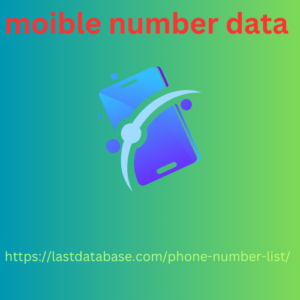|
|
Which phrases to look for. I'll use tools like Tools to understand what people are actually searching for in relation to the keywords the Keyword Tool gives me and come up with a new, improved list of target keywords. A ridiculous example lets say you have a client who runs a website that sells gourmet coffee and coffee accessories. You wouldn’t optimize for the word coffee because that would be ridiculous. But let’s put reality aside for a moment and consider why this is ridiculous. This is ridiculous for two reasons: Coffee is an extremely competitive term that sites like Starbucks and Wikipedia account for.
According to the dominant position it takes a huge amount of effort to build a website moible number data there. Coffee beans I can't drink this. When I search for coffee, I want to find the location of the nearest coffee shop. Image provided by Who is looking for delicious specialty coffee and espresso machines when only searching for coffee? Even if you do (with some real effort) get your client's website ranked number one for the term coffee, it's unlikely that your niche gourmet coffee website will get particularly good click-through rates or conversion rates. This very simple (and obvious) example illustrates the importance of searcher intent. Assume you.

Client's is a little more complicated than Send Me More Traffic (and it should be); you should be more inclined to choose a keyword that converts, but searches per month, versus a keyword that converts, but searches per month The next keyword. r than the latter, and your customer conversion rates will also rise showing a clear increase in sales. So what kind of keywords should I optimize for? Staying in the world of eCommerce SEO, take a look at the following keywords and how they change searcher intent: Buy product Well, this one is obvious.
|
|